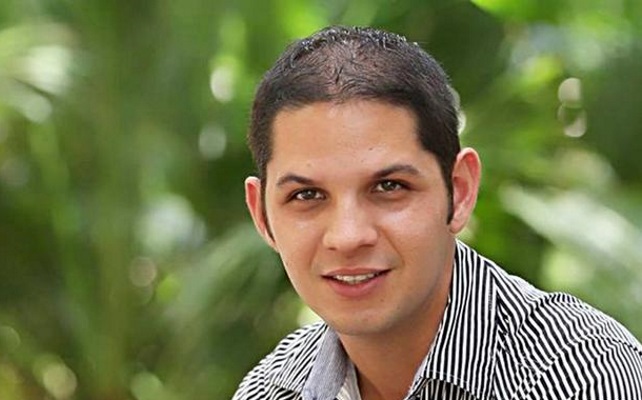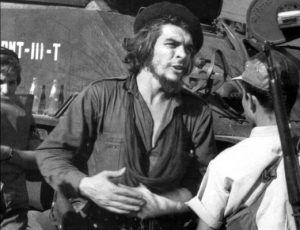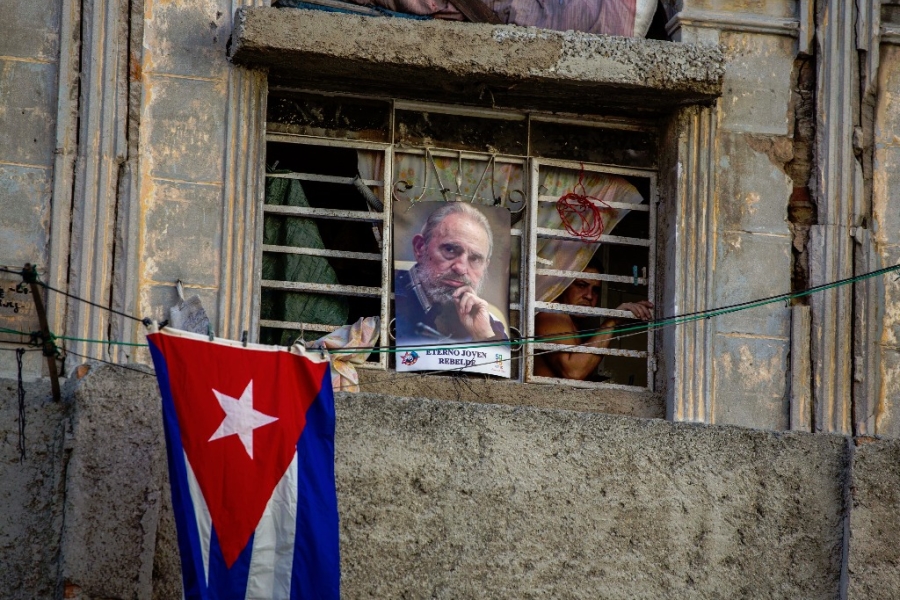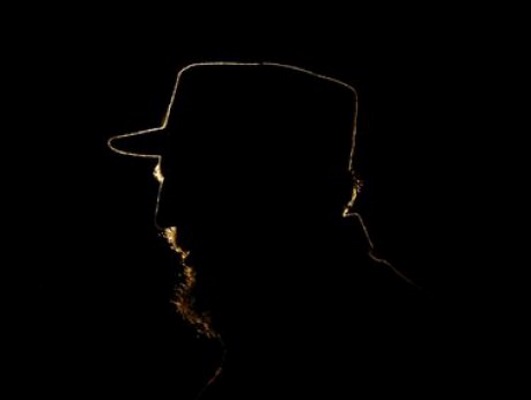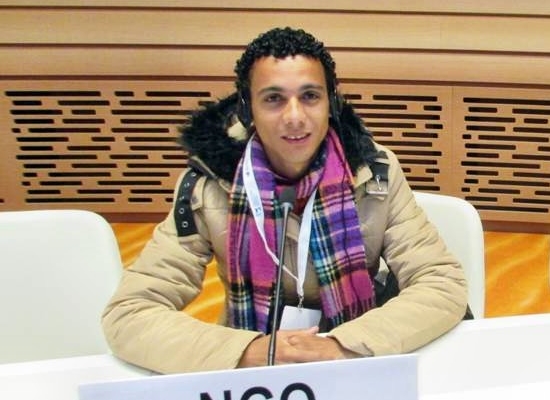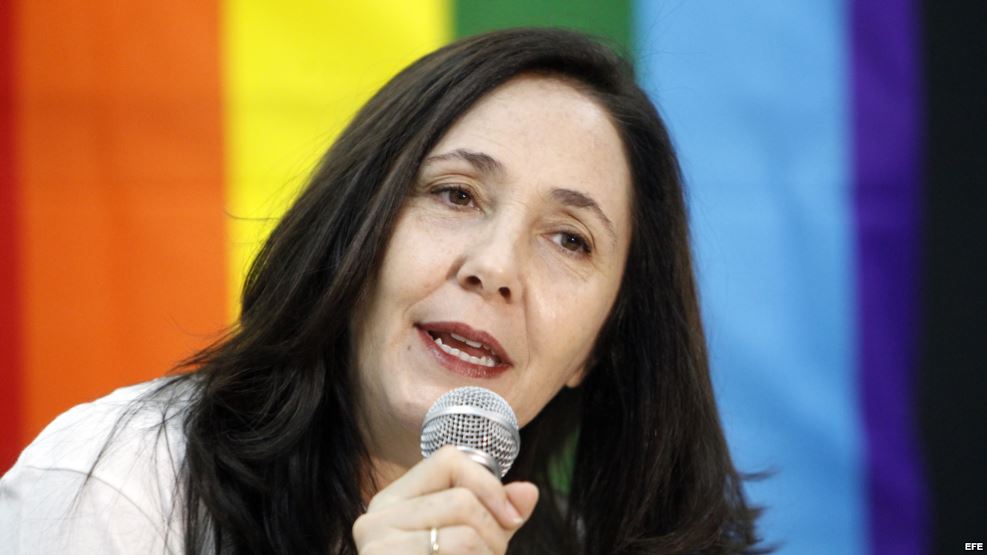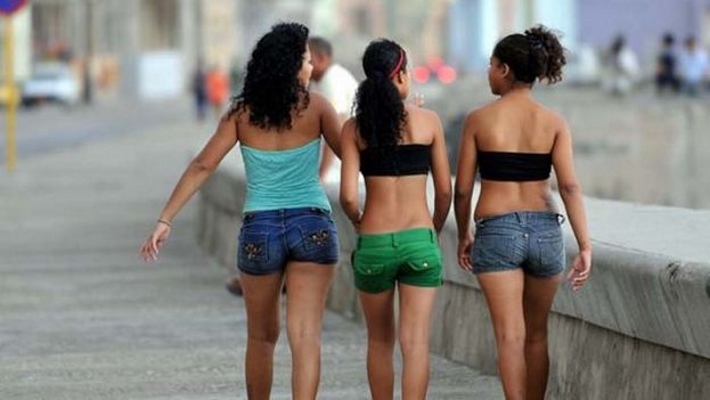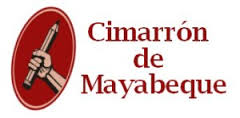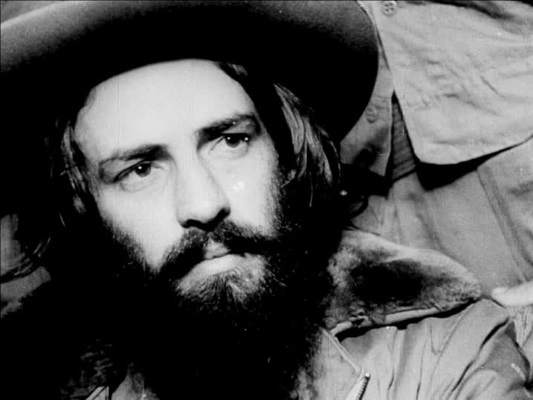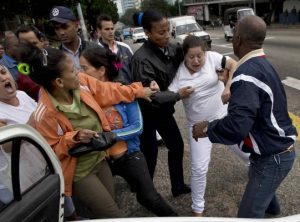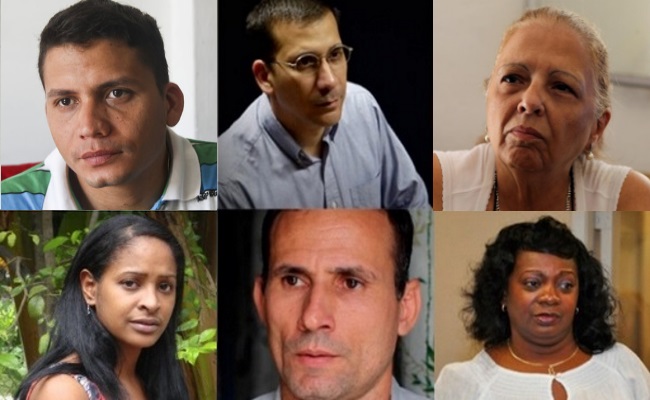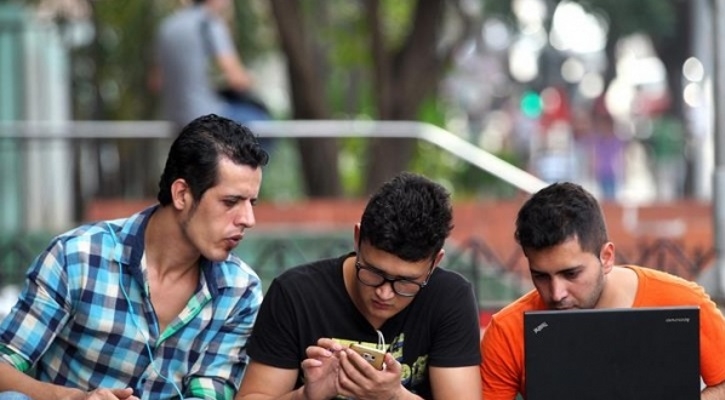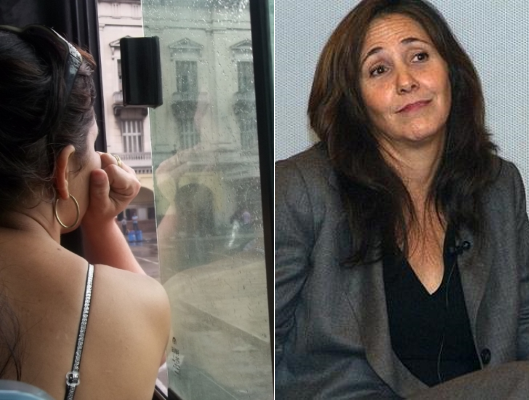
 Cubanet, Martha Beatriz Roque Cabello, Havana, 14 February 2017 – The story I want to relate has two parts, one is true and the other is fiction. The real one is an event I was involved in at the Carlos III market while in line to buy yogurt, one of the products in shortest supply in this country – despite the fact that it is sold in hard currency – and in this case with a price of 0.70 Cuban convertible pesos (CUC), although there are other yogurts sold in different containers for as much as 5 CUC (1 CUC is roughly equal to $1 US).
Cubanet, Martha Beatriz Roque Cabello, Havana, 14 February 2017 – The story I want to relate has two parts, one is true and the other is fiction. The real one is an event I was involved in at the Carlos III market while in line to buy yogurt, one of the products in shortest supply in this country – despite the fact that it is sold in hard currency – and in this case with a price of 0.70 Cuban convertible pesos (CUC), although there are other yogurts sold in different containers for as much as 5 CUC (1 CUC is roughly equal to $1 US).
In front of me, while we were waiting, was a young woman of around 30 something, but I could see she’d had a pretty rough life. She had the money in her hand, some of it in 5 and 10 centavo coins in CUC and a note for 5 Cuban pesos (CUP) – because, as you know, now the stores have to accept both currencies. All of a sudden she dropped a 10 centavo coin and to her great misfortune it rolled under one of the display cases and although the woman made a great effort to retrieve it, she could not.
She turned to leave the line and I asked, “Are you leaving?” and she said, “Yes, I had the exact amount of money and I dropped 10 centavos under that case.” Without thinking twice I said, “No, don’t leave, take the ten centavos.” continue reading
She accepted with the happiest look on her face and told me, “You have no idea how grateful I am, because my older daughter is sick and she doesn’t want to eat anything.”
From that moment, with the facility a Cuban has to establish communication with another person, even if they don’t know them, we spent the next thirty minutes while we continued to wait in line talking to each other.
She explained that she worked as a teaching assistant at an elementary school, but often had to be the teacher because there aren’t enough educators. She is divorced and the monthly support she receives from the children’s father is 50 Cuban pesos (roughly $2 US). That plus her own salary is not enough to live on and she has to “invent” and go begging to her mother. She told me, literally, “You have no idea what I have to do to be able to feed my kids.”
Like any good Cuban, she lives in a building considered uninhabitable, but she won’t accept going to a shelter because she knows other people who live in those conditions and it is dangerous for the girls, now that they are becoming young ladies. Because her apartment is on the second floor and nothing works, she has no running water and every other day has to carry up 10 or 12 buckets of water to meet highest priority needs, although she says she is grateful to her mother who washes and irons the girls school uniforms.
“Imagine. My mother was a member of the Party (Communist) and worked in the Federation of Cuban Women and as for my my father, may he rest in peace, his surname was Castro, so it occurred to her to name me Mariela [after Raul Castro’s daughter]. Now she regrets it.”
Then she said that she did not listen to her mother and married a man who drank a lot, and when he came home he beat her. It took a lot of work to get out of that torture and now she regrets not having listened to her mother’s advice.
He left them that disastrous apartment where they live in Centro Habana, and now she is stuck because her sister is married and has two children and also lives in the divided living room, which doubles as a room for both her and her sister’s families in the home of their parents.
She confessed to me that she had been so distressed that she takes her daughters and walks along the Malecon. And she said the girls understand the whole situation and do not ask for anything. But they’re growing up and they have to have shoes and school uniforms and something to eat for a snack at school, which is almost always a piece of bread, because at breakfast they eat half of her daily quota (on the ration book).
I think she had a great need for someone to listen to all her problems and saw the opportunity to vent.
With a little imagination, while I was on my way to my house, I began to think about how the other Mariela might live, the one her mother named her after.
At the entrance, everyone can see that other Mariela’s super residence in the Miramar neighborhood even has a pool, always filled with water. There are several cars and they and the house are all beautifully maintained. This is something that you don’t have to imagine, and it is not fiction.
But surely that Mariela Castro does not line up to buy yogurt at 70 cents CUC and much less would she be sad if she dropped a coin, as all her food problems are taken care of without her even having to leave the house.
When she gets up for breakfast she does not “donate” her bread to the children. A maid prepares the food, certainly with ham, milk, bread, juices, etc. She is assured of coffee every day, very likely imported, she probably gets the most desirable brands brought in from Miami.
She doesn’t have to worry about what time the bus will come to take her to work; in the first place because she doesn’t have to mark a timecard and in the second because she has a modern car to take her to work without having to get all sweaty and push her way onto the bus with all the other people.
I could continue imagining things that we all know are part of the standard of living of the high government hierarchy, but I leave it to the reader so we can all share in this fictional (?) part of the story.

